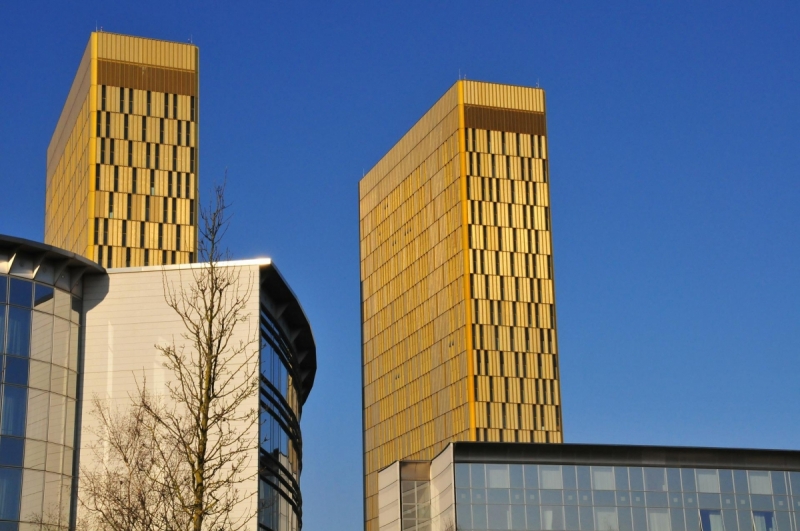Following the derogations provided to farmers by the Belgian state for the use of neonicotinoids on sugar beets, PAN Europe, its member Nature & Progrès Belgique and a Belgian beekeeper have taken the Belgian state to Court. Last Friday, the Belgian administrative court accepted to send 5 prejudicial questions to the Court of Justice of the EU. This might lead to tremendous changes in the years to come to the huge amounts of derogations provided by EU member states to farmers for the use of toxic pesticides.
Following the 2018 ban on outdoor uses of 3 bee-toxic neonicotinoids, the Belgian state has given derogations to farmers for the use of imidacloprid, clothianidin and thiamethoxam on sugar beet for 2019, 2020 and 2021. On each of these occasions, PAN Europe, Nature&Progrès Belgique and a Belgian beekeeper have launched legal cases before the Belgian administrative court to cancel these derogations. The court was also requested by the plaintiffs to send prejudicial questions to the Court of Justice of the EU (CJEU) in order to clarify the legal limits for the provision of derogations to their farmers.
Indeed, article 53 of pesticide regulation 1107/2009 allows for EU Member States to give derogations for non-authorised pesticides in case of emergency and when the pest cannot be contained by another means. Furthermore, article 53 does not allow for derogations to the principle that a pesticide must not cause harm to human health and no unacceptable effect is tolerated on the environment. In the EU, Member States provide a lot of derogations preventatively, without any proof that the pest will be an issue. They also provide derogations to substances that are not approved or that have been banned because of their toxicicity.
The Belgian case raised by PAN Europe to the Belgian court summarizes well the issue: a derogation is given in December, for use in spring (sowing of sugar beet coated seeds), when there is no indication that the pests (aphids) will be an issue. Furthermore, the derogations are given to the use of treated seeds (seed treatment is a preventative use); seeds are sown with the pesticide without knowing if aphids will be a problem. Alternatives exist : Belgium has, over the last years, given derogations for the use of sulfoxaflor and spirotetramate on sugar beets against aphids. And finally, the Belgian state, as many other EU countries, has been giving a derogation for a substance that was explicitly banned in the EU neonicotinoids, because of the risk it poses to bees, including for sugar beet crops.
The Belgian administrative court agreed to send the 5 prejudicial questions the NGOs have raised to the CJEU, which will provide its answers expected within approximately 15 months. The answers from the CJEU will have an EU-wide scope and might dramatically modify the way member states deal with derogations.
